Teaching
| Introduction to Artificial Intelligence (BI-ZUM) |
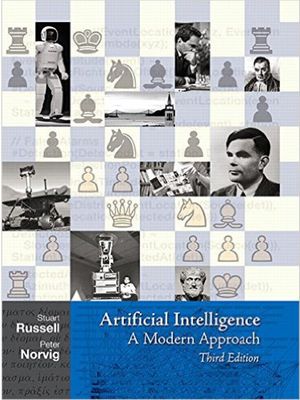
|
Introductory course in artificial intelligence (BI-ZUM). The course covers essential concepts necessary for further study of artificial intelligence. Suitable for undergraduate students.
The course covers the following topics among others:
|
|
References: The course is usually scheduled in summer semester. Lecture slides and additional information can be found on: Course Pages. Overview of attendance and activity points of students at my seminars is listed on a separate page (password protected). |
| Artificial Intelligence Advanced (NI-UMI) |
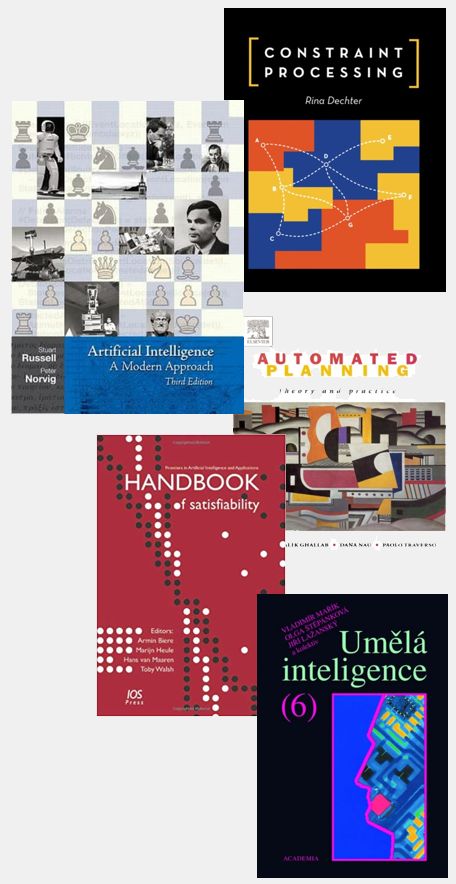
|
Advanced course in artificial intelligence (NI-UMI). The course covers in-depth selected topics in artificial intelligence. Suitable for master students.
The following topics will be covered among others:
The course is provided in the Czech language and is accompanied by a seminar. Attandants can chose one of several seminars taught in Czech.
References: The course is usually scheduled in winter semester. Lecture slides and additional information can be found on: Course Pages. Overview of attendance and activity points of students at my seminars is listed on a separate page (password protected). |
| Neural Networks and Computational Intelligence (PI-NSV) |
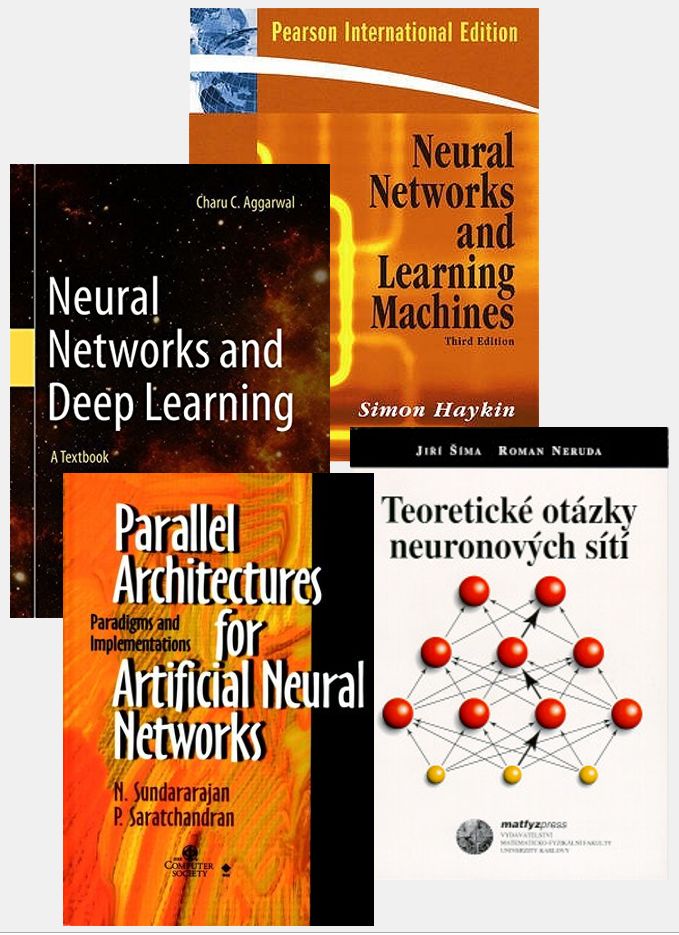
|
Advanced course in neural networks and related topics (PI-NSV). The course focuses on selected topics in neural networks and computational intelligence. There are no regular lectures for this course. Students consult their progess with the supervisor several times per semester instead. The course is suitable for doctoral students.
The following topics are covered by the course:
References: Additional information concerning the course can be found on: Course Pages. Students can enroll in the course in both semesters. |
| Satisfiability and Planning (SPL) |
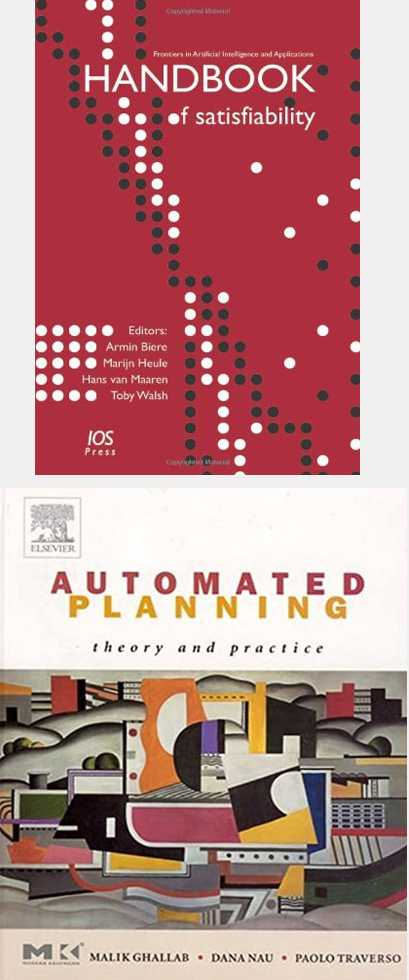
|
The course (PI-SPL) offers a modern perspective on solving problems in artificial intelligence through satisfiability in logic (SAT) and finite domain constraint satisfaction problems (CSP). Satisfiability in logic, especially propositional logic, currently represents one of the most sophisticated approaches to state space search. We will discuss advanced techniques used in systematic solvers based on CDCL (conflict-driven clause learning), techniques for encoding pseudo-Boolean and cardinality constraints, symmetry-breaking techniques, satisfiability in first order logic theories, SAT modulo theories (SMT), and tractable cases where satisfiability has polynomial time complexity will also be discussed. The course is suitable for doctoral students.
The following topics are covered by the course:
References: Additional information concerning the course can be found in the White Book. Students can enroll in the course in winter semester. |
| Planning in Robotics (PRO) |
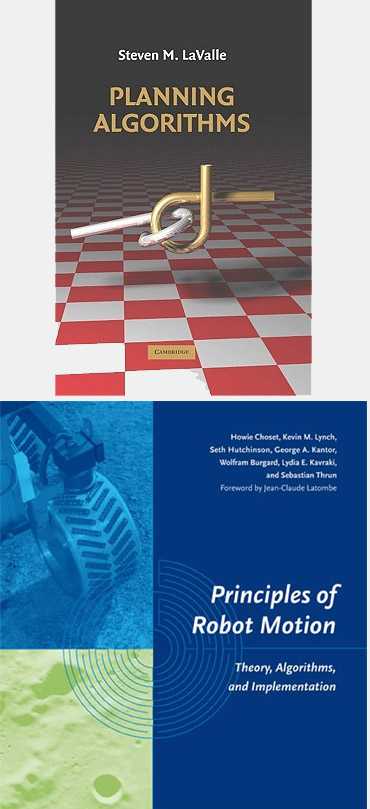
|
The course (PI-PRO) covers theoretical aspects of planning in robotics from the abstract level known from classical planning to motion planning directly executable on robotic hardware. Abstract symbolic planning and robotics are linked together in this subject, so we will show how to create symbolic plans and refine them through geometric motion planning to the level of control of robotic hardware. The focus will be on (but not limited to) algorithms for creating classical plans by forward state search, planning with time and resources, planning under uncertainty, probabilistic planning. The course is suitable for doctoral students.
The following topics are covered by the course:
References: Additional information concerning the course can be found in the White Book. Students can enroll in the course in summer semester. |